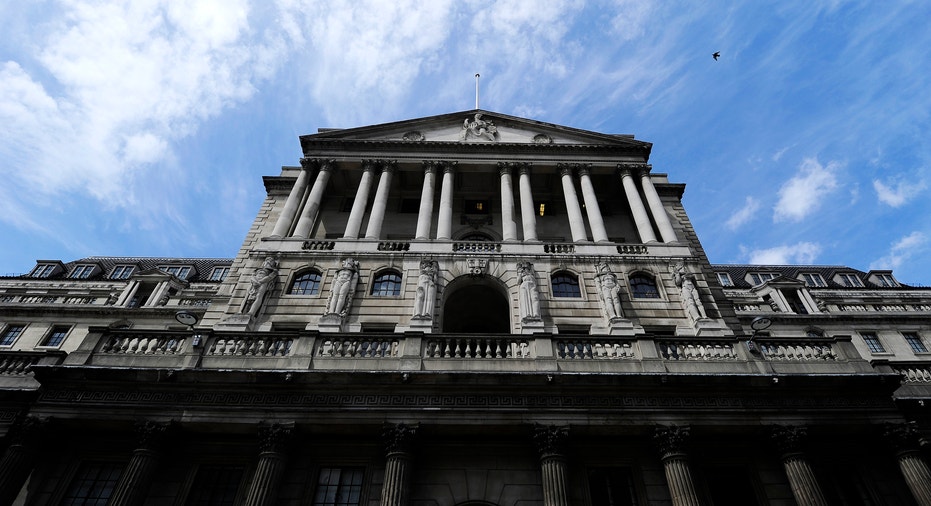Bank of England Set to Stick With Rate Cut Signal

The Bank of England is expected to say on Thursday that it will still probably cut interest rates to a fraction above zero later this year, despite signs it overestimated the initial shock to Britain's economy from June's Brexit vote. The BoE's nine rate-setters probably voted unanimously at their September meeting to keep Bank Rate at 0.25 percent, the lowest level in the BoE's 322-year history, according to a Reuters poll of economists. The Bank will probably also signal that a further cut is likely the next time it meets, in November, as it to tries to help the economy cope with the referendum decision in June to leave the European Union. When the BoE stepped in with a stimulus push on Aug. 4, it had little concrete data on the impact of the Brexit vote. But since then signs have grown that the economy, while still heading for a sharp slowdown, weathered the initial shock. Governor Mark Carney, who has been accused by Brexit supporters of being alarmist with his warnings about the consequences of a "Leave" vote, said earlier this month that growth might slow to around 0.3 percent in the third quarter. That would be slightly less severe than the 0.1 percent crawl that the BoE had expected but half the pace of growth in the April-June period. "The UK is far from out of the woods yet," Daniel Vernazza, an economist with UniCredit bank, said. "In particular, surveys suggest businesses are deferring investment." The Bank's Monetary Policy Committee is expected to stick with the other emergency measures it announced last month -- raising its bond-buying programme to 435 billion pounds ($575 billion) and launching a new plan to buy 10 billion pounds of corporate bonds -- although some of its members might again voice their objections. The MPC is likely to reiterate that the Brexit uncertainty will drag on the economy as Britain and the EU thrash out a new relationship over the next couple of years, probably resulting in less access for British exporters to the EU's single market. Another likely drag will come from a rise in inflation triggered by the slump in the value of the pound after the referendum. Although that could help exporters, it is likely to push up inflation, hurting the spending power of consumers. Under the MPC's new calendar, the Bank's next rate decision is scheduled to take place on Nov. 3. That is when economists expect it to cut borrowing costs to around 0.1 percent. While the European Central Bank and the Bank of Japan have cut interest rates below zero, Carney has said he does not favour resorting to negative rates in Britain, as this could hurt the country's banking sector. Instead, with the Bank running short of options, it may fall to finance minister Philip Hammond to give the economy its next significant dose of stimulus. He has said he will slow the country's push to turn its budget deficit into a surplus and is expected to announce higher public spending in November. ($1 = 0.7567 pounds) (Writing by William Schomberg; Editing by Catherine Evans)



















